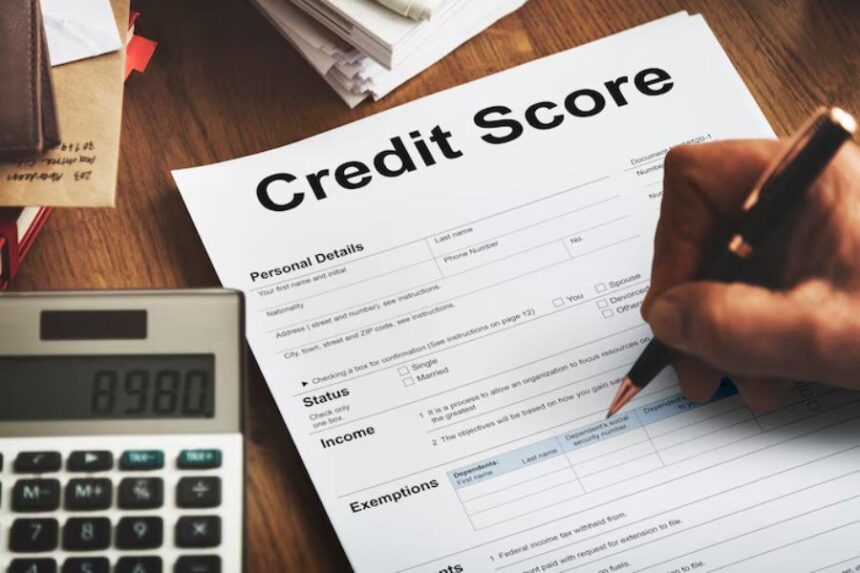Your credit report plays a huge role in your financial life. It influences your ability to get loans, credit cards, and even affects job prospects. That’s why spotting errors on your credit report can feel frustrating—and even scary. Errors can lower your credit score, making it harder to qualify for things like a debt consolidation loan online or better interest rates.
The good news? You have the power to dispute those errors and clear your record. While the process might seem complicated at first, it’s really about knowing where to go, what to say, and how to back up your claims with proof.
Let’s walk through the best way to dispute errors on your credit report so you can protect your credit and your financial future.
Why Errors Happen on Credit Reports
Credit reports are compiled by major credit bureaus—Equifax, Experian, and TransUnion. They gather information from lenders, banks, and collection agencies. Sometimes mistakes slip through. It could be an incorrect late payment, a wrong balance, or even a debt that isn’t yours.
These errors might result from identity mix-ups, outdated information, or simple clerical errors. Whatever the cause, the impact is real, affecting your credit score and your ability to borrow money or negotiate better terms.
Knowing that errors happen and are fixable is the first step to taking action.
Check All Three Credit Bureaus
Each credit bureau may have slightly different information, so it’s important to check all three reports. You can get a free copy of your credit report annually from each bureau through AnnualCreditReport.com.
Review every detail carefully. Look beyond the big numbers to spot accounts that don’t belong to you, incorrect balances, duplicate debts, or outdated information like debts reported after they were paid.
Taking your time with this review saves headaches later.
How to File a Dispute
Once you spot an error, it’s time to file a dispute. You’ll need to contact the specific credit bureau that lists the incorrect information. You can do this online, by mail, or by phone, though online disputes tend to be faster.
When filing, clearly explain what you believe is wrong and why. Be as detailed as possible. For example, if a payment is marked late but you paid on time, explain that and include the payment confirmation or bank statements as proof.
Supporting documents make your case stronger and help the bureau investigate more effectively.
Writing Your Dispute Letter
If you choose to dispute by mail, your letter should be clear and concise. Include:
- Your full name, address, and date of birth.
- A statement identifying the item you’re disputing.
- A detailed explanation of the error.
- Copies of supporting documents (never send originals).
- A request to correct or remove the inaccurate information.
- Your contact information.
Sending your letter via certified mail with a return receipt gives you proof the bureau received it.
What Happens After You Dispute
The credit bureau is required to investigate your claim, usually within 30 days. They will contact the creditor or data provider to verify the accuracy of the information.
If the creditor confirms the error, the bureau must correct or remove it from your report. You’ll get a free copy of your updated report to review.
If the creditor says the information is accurate, the bureau will leave it on your report, but you can add a statement explaining your side for future lenders to see.
Be Persistent and Patient
Sometimes, disputes require follow-up. If the initial investigation doesn’t resolve the error, you can provide additional evidence or escalate your complaint to the Consumer Financial Protection Bureau (CFPB).
Remember, correcting your credit report is worth the effort. A clean credit report improves your chances of qualifying for loans like a debt consolidation loan online, often with better rates and terms.
Avoid Common Dispute Mistakes
Don’t dispute information just because you don’t like it. The bureau only corrects factual errors, not negative but accurate information.
Avoid disputing too many items at once; focus on the most damaging or clearly wrong errors first.
Keep records of all communications and responses—it helps you track your progress and protect your rights.
Final Thoughts
Disputing errors on your credit report might feel intimidating, but it’s a powerful step to reclaim your financial health. By reviewing all three bureaus, clearly explaining errors, providing proof, and following up as needed, you can improve your credit standing and open doors to better financial opportunities.
If you’re planning to apply for a debt consolidation loan online or other credit products, ensuring your credit report is accurate is crucial. Take control, dispute with confidence, and watch your credit improve.




